 The release today, November 15th 2017, of the final Report of the Royal Commission into Institutional Responses to Child Sexual Abuse has been described by survivors of abuse as ‘nation –changing.’
The release today, November 15th 2017, of the final Report of the Royal Commission into Institutional Responses to Child Sexual Abuse has been described by survivors of abuse as ‘nation –changing.’
Their claim is hardly hyperbole, considering how long the abuse of children has been perpetrated by many religious and state institutions in Australia and how long it took the grass-roots momentum of victims and their supporters to finally expose this ugly and criminal side of Australian society.
The Catholic Church was singled out by the Commission as perhaps the worst perpetrator with more than 20 per cent of the members of some Catholic religious orders — including Marist Brothers and Christian Brothers -allegedly involved in child sexual abuse. So far the church seems to have failed to demonstrate that it truly appreciates the gravity of these statistics.
I will leave it to the Commission and to other experts to unravel the causes of and the solutions to this endemic and institutionalized cruelty which has destroyed individuals and families, but as a former Catholic priest I may have some insights into the institutional beliefs that so protected perpetrators.
1. The priest as ‘other’.
When I was approaching my own ordination as a priest in 1969, a phrase kept on appearing in theological studies: “You are a priest forever, according to the order of Melchizedek.” This was a quote from psalm 110 and although no biblical scholar was too clear on the identity of Melchizedek, it was understood that this was an order of elevation far higher than mere human beings. This mantra underlined all of the teachings on priesthood, creating the impression for the priest and the laity that he (!) lived on a different plane and had different accountabilities. Authority in the Church came to the priest directly from God.
It’s difficult to read now the words below which pay no reference to a country’s laws, in the light of the Royal Commission:
There are three great gifts Christ gave to His Church through the priesthood – the Holy Eucharist, forgiveness of sins, and authority. Christ founded the Church on the Apostles. We have authority, of course, in that the bishop of the diocese is to be obedient to the bishop of Rome. In his diocese, the bishop has authority to teach the people to tell them what to do and what not to do. He has a right to command. And always the bishop of Rome has supreme authority. However, even a priest, for example in Confession, has authority to direct the people he absolves. After the penitents have confessed their sins, the priest can tell them how they are to live, what they are to do or stop doing. In other words, the authority which Christ bestowed on His Church is vested in the Sacrament of Holy Orders. Fr. John A. Hardon, S.J.
This conviction that the priest was not the same as other human beings and that he took authority directly from God, appears to have led to the widespread disbelief that children would have been abused by priests and prolonged the mythology that priests were like God, above the Law and always to be respected. This intimidation was part of church culture and affirmed and strengthened clericalism, that impregnable culture of defense by the Church against the ‘temptations’ of a secular world.
2. ‘I believe in One, Holy, Catholic and Apostolic Church’
There’s a church doctrine called the ‘Papal Primacy’ which states that papal authority was based on direct succession from the apostles of Jesus and any rejection of this authority was a rejection of Jesus’ authority. From this flowed the belief that the Catholic church held supremacy over all other religions and despite the Second Vatican Council tending towards a ‘one amongst many’ basis for authority, as recently as Pope Benedict XVI it was being taught that the only true church in the world is the Catholic church. These centuries of embedded authority and entitlement allowed the church to decide what was moral and what was not, what was venial or mortal sin – the final moral arbiter.
This was the culture that contributed to permitting bishops and others in authority to reassure themselves that the reputation of the church was to be valued above the complaints of individuals. This fake moral authority, centuries in the making, was like a barnacle growing on the back of the Catholic church, weighing it down and blinding it to the crimes that were being committed by its clerics. The reputation of the church was elevated above all other moral considerations. This fact has already been alluded to by the Royal Commission.

This is truly a pivotal moment in the social life of Australia as we await the Commission’s recommendations and more importantly the churches’ reactions. There are still good men and women working in the church, many of them my former colleagues but the church has yet to show that it truly appreciates the damage for which it has been responsible. The recent attempt by the Catholic church and others to oppose marriage equality on moral grounds was both puzzling and disturbing. If the church is to save itself and make recompense for damage done, it will have to wear sackcloth and ashes more publicly and wholeheartedly embrace the Commission’s recommendations.

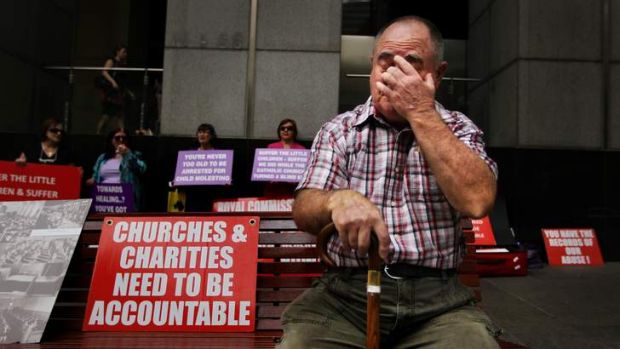



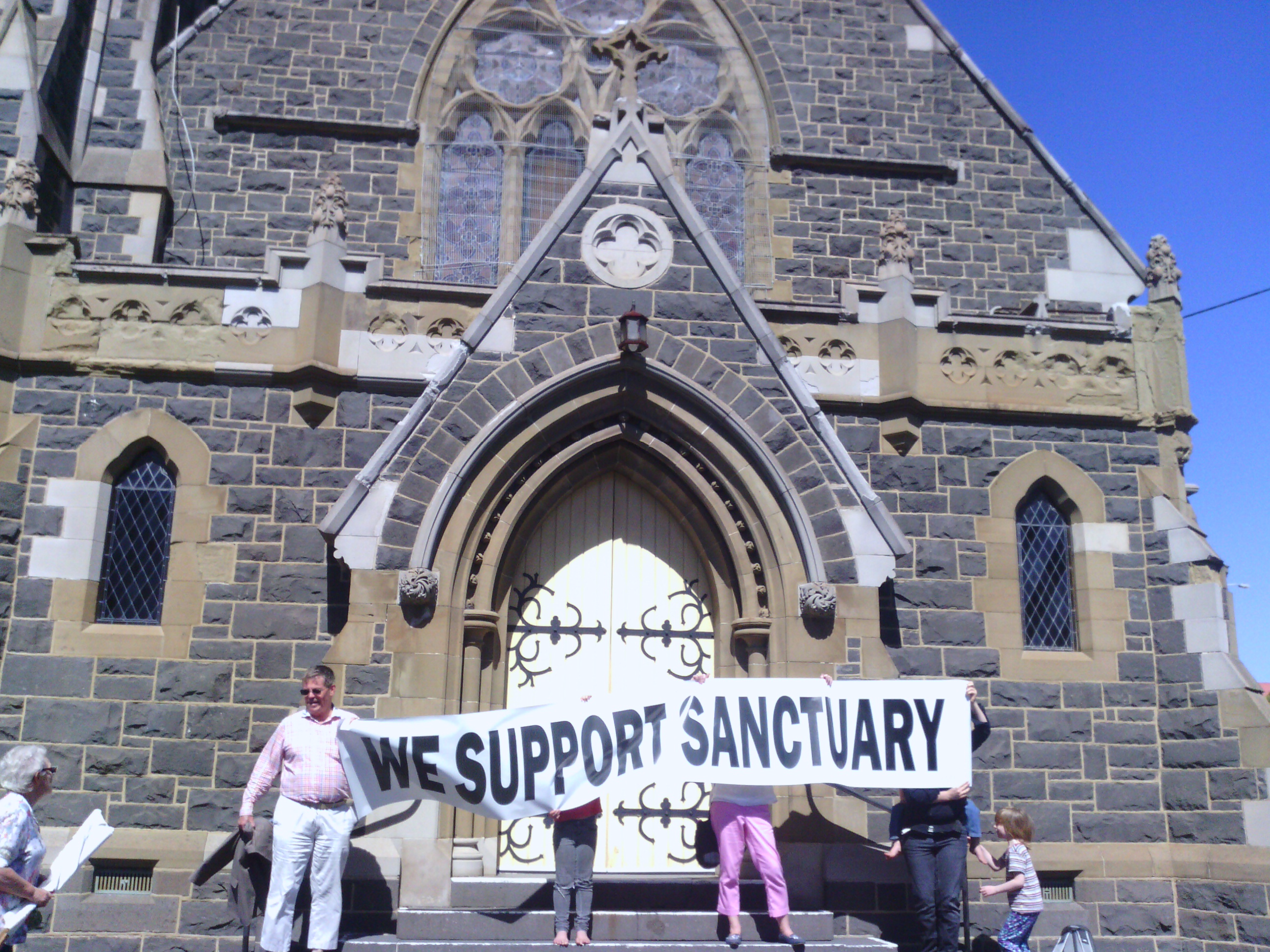



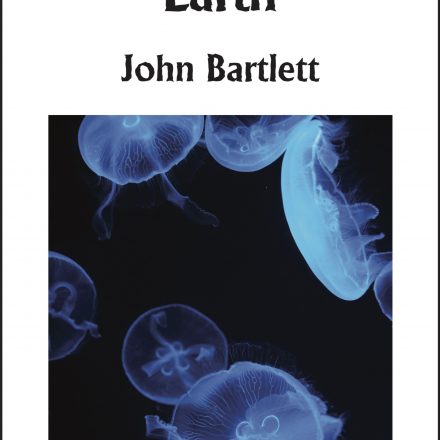
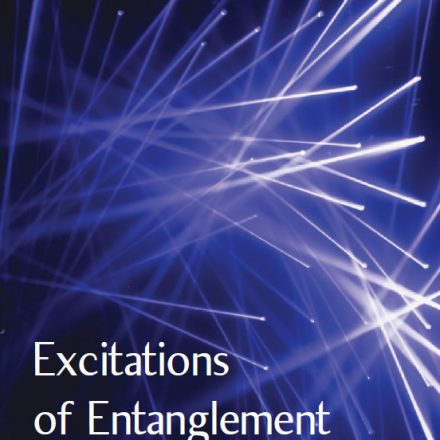

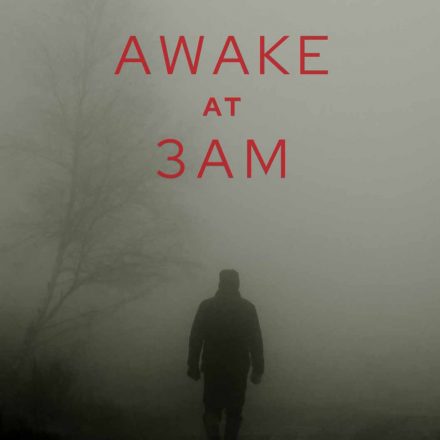
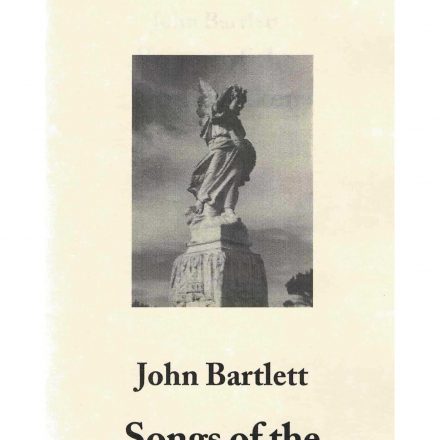


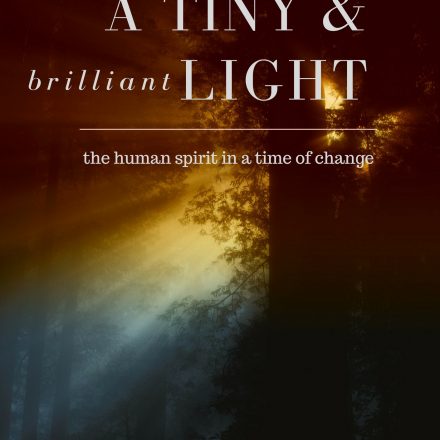




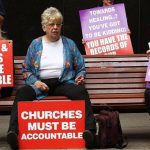





Heartsong has presented a summary of how the Catholic church tried to hide the sins/crimes (both words apply) of a far too large minority of its priests and religious brothers. As a Catholic lay person, I think the church misread the majority of lay people, relying on our uncritical absorption of what we have been taught in our families, in our schools, and from our pulpits.
However, given that as much as 85–90% of Australian Catholics have discontinued regular church attendance, and many have indeed left the church, demonstrates that child-like acceptance of church authority and teaching is no longer the norm.
Hopefully the shock and horror of having their cover-up exposed to the nation will jolt the church hierarchy including the leaders of religious orders, into a belated awareness of the spiritual maturity of the majority of Catholic lay people. Applying the recommendations from the Royal Commission, especially giving wholehearted effort to rehabilitation and compensation for the abuse victims and their families is the least we now demand of them. Or is this just a hope, and too optimistic?